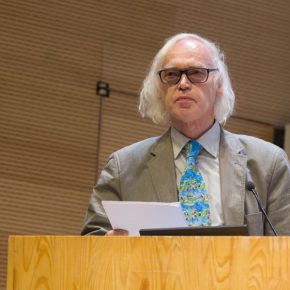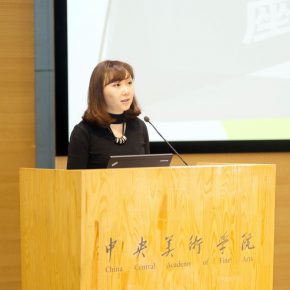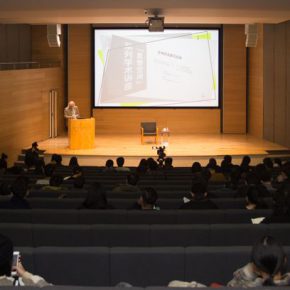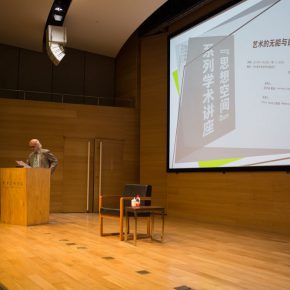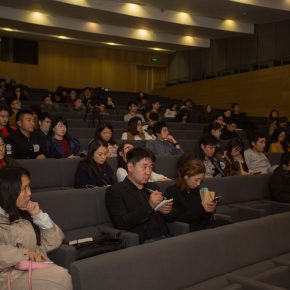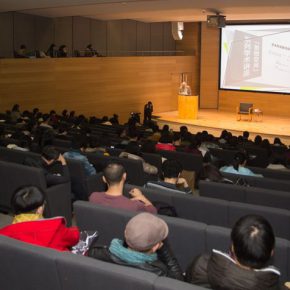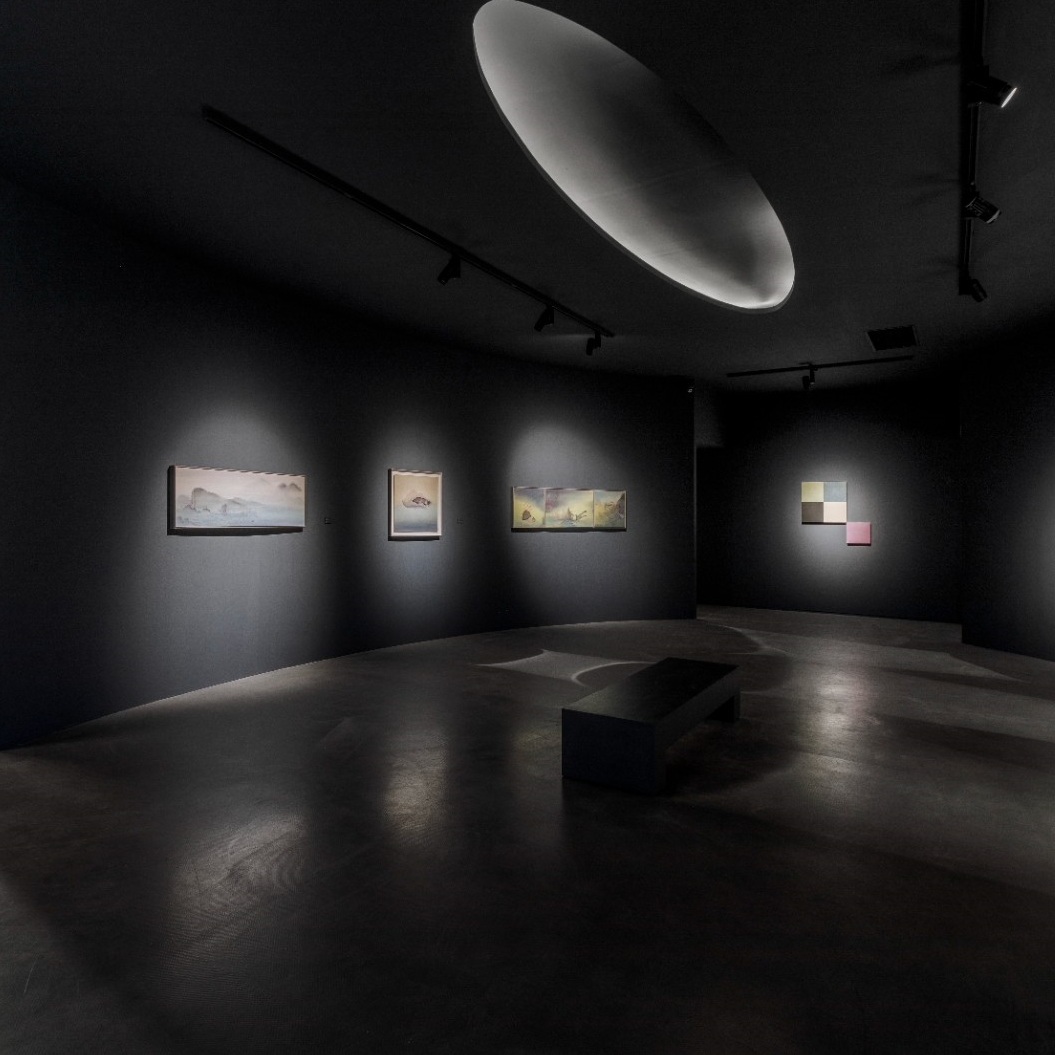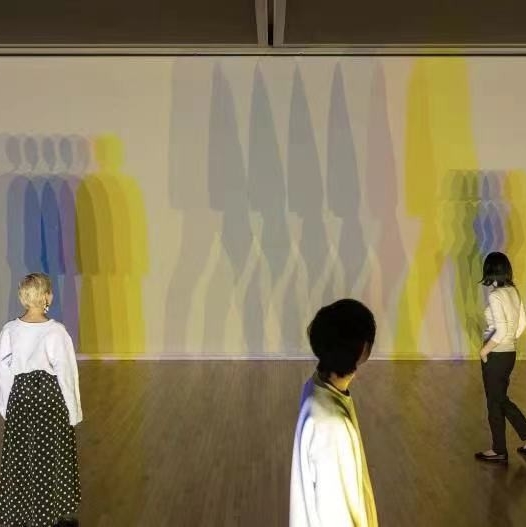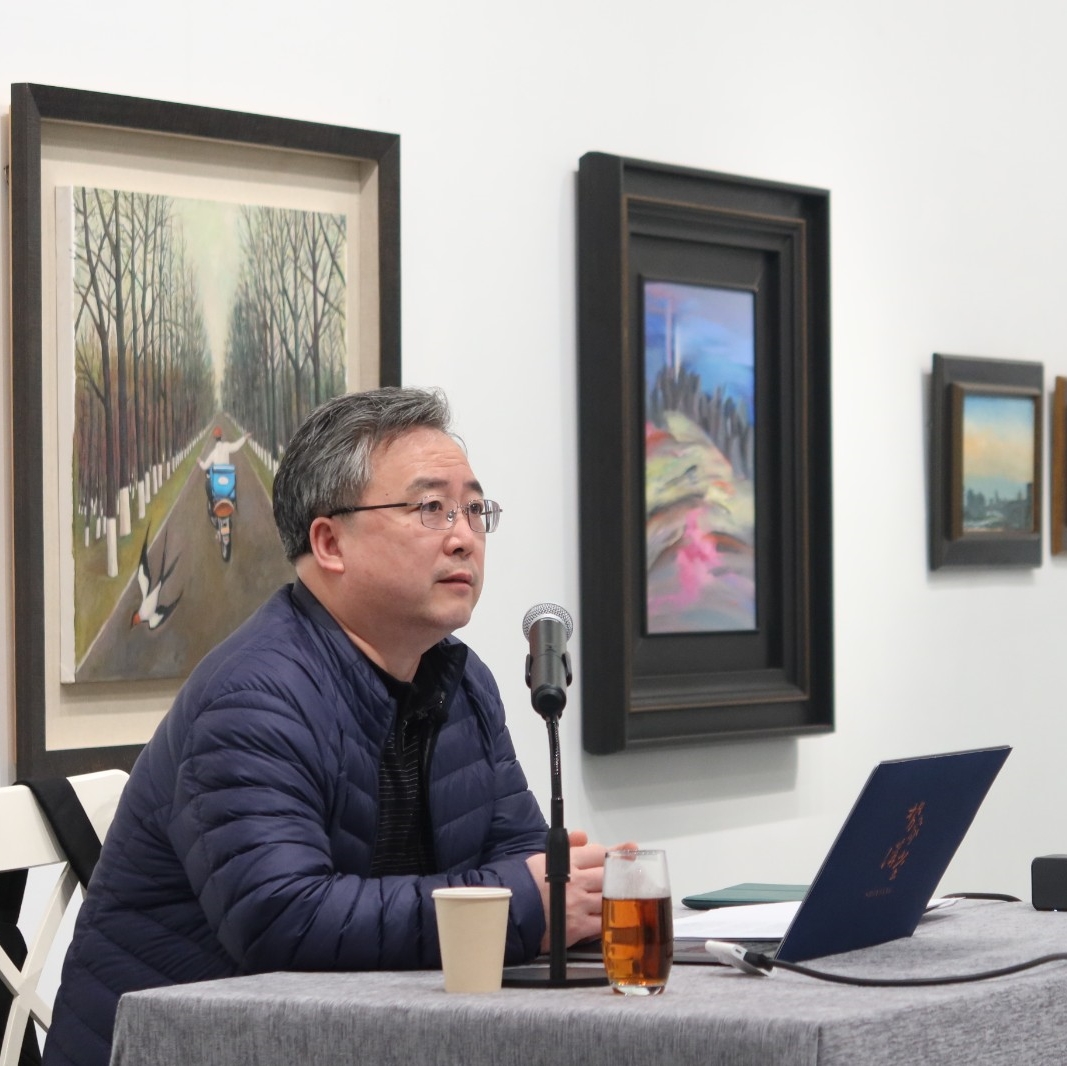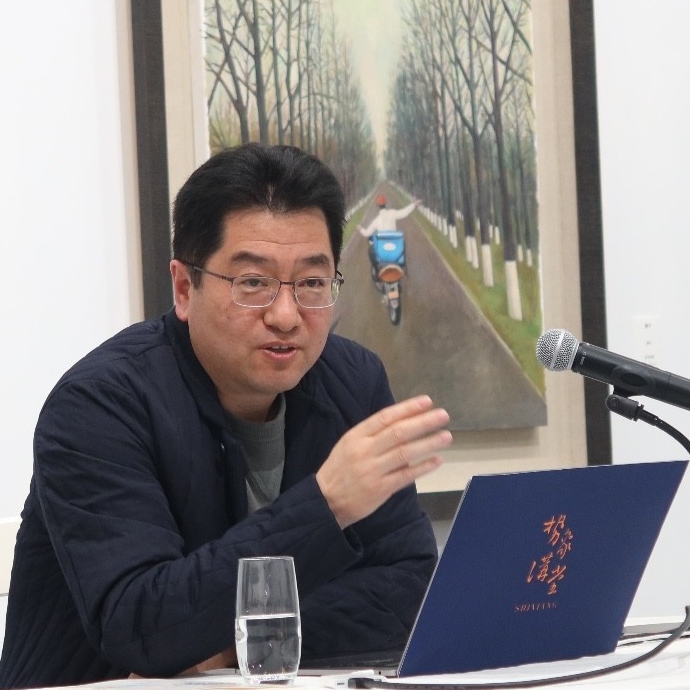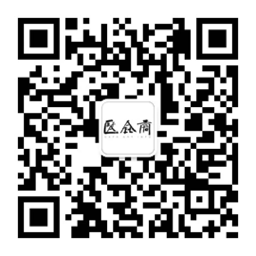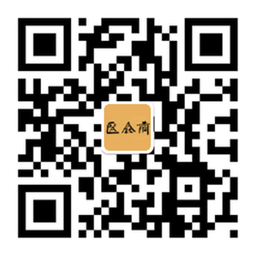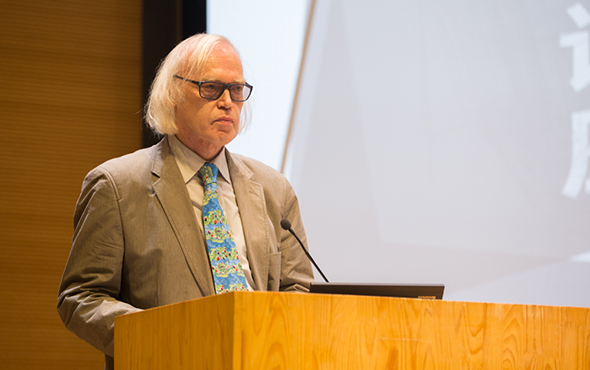
At 18:30 on November 28, 2016, “Thinking Space” series of academic lectures III: Incompetence and the Freedom of Art was held at the Auditorium of CAFA Art Museum. The speaker Prof. Klaus?Vieweg is Dean of the Department of Philosophy at Friedrich-Schiller-Universit?t Jena in Germany, and a guest professor at the Fudan University, a well-known expert engaged in the research of the philosophy of Hegel as well as a detective novelist. The lecture was jointly hosted by the CAFA and the Academic Committee of CAFA, and co-organized by the CASS Institute of Philosophy, Deputy Dean of the School of Humanities, CAFA Shao Yiyang hosted the lecture.
At the beginning of the lecture, Prof. Shao Yiyang introduced the speaker and introduced the main content of this lecture. The topic of this lecture is about modern romanticism and Hegel’s philosophy of fine art. Although “The End of Art” of Hegel’s philosophy of art was produced a long ago, it is still like looking at flowers in the fog. The end of art does not mean death, but showcases the origin of free art. This lecture illustrates the theme – the incompetence and freedom of art from four aspects including the skepticism of modern art, the art that transcends the self, liberalization and spiritualization of art, literary skepticism and modern fiction. Art is moving toward its own disintegration and fragmentation, and it is well versed in its own description of the “powerlessness” of reality and expressed it. It is the contribution to modern art that calls modernity a culture of freedom. On the basis of self-discipline – namely freedom, art continues to take risks, continuing to become the best option for freedom between “construction” and “structure”.
Initially, the speaker talked about the question of skepticism of modern art – the end of art. Prof. Klaus?Vieweg mentioned that in the view of Dieter Hencht, Hegel succeeded in philosophically defining the basic characteristics of contemporary art. Hegelian aesthetics opened up the current philosophical understanding of the development of contemporary art. The end of art is derived from the three stages of the development of art history: when the development of art has gone through the three stages including the natural spirituality – the spirit of beauty – the spirit of freedom, seen from a qualitative perspective, it is impossible for art to have a further stage of development. Therefore, the end of art doesn’t mean the decline of art,?on the contrary, it should be the beginning of the development of free art.
Then Prof. Vieweg spoke of romantic art which has gone beyond the relationship and expression between the two concepts of Oriental art and classical art, and the emotional form, achieving another level in the sensible appearance and “transcending the self”. He used Hegel’s words to illustrate this idea:?“Art transcends the self, but it is within its own view, within the form of art.” Thus, we can conclude that art does not decline, but it is always “in the continuous upgrading and improving of the self”, and it perfectly represents the transformation of art, it contains the liberalization and spiritualization of art in the transformation. Prof. Vieweg then mentioned that it started from the perspective of the understanding of the liberalization and spiritualization of art. The liberalization and spiritualization of art is embodied in the inner nature of art and the beauty of “spirit”, romantic art is reflected in the three aspects of the freedom of presentation, the meaning of romantic art and the inconsistency of form. The principle of romanticism is the spirit of freedom, while spirit has become an absolute internal aspect, people are immersed in their own internal considerations and this “immortal human nature” was considered as the absolute content of modern art by Hegel. In the process of modern art, the “beauty of mind” replaces the “beauty of body” that occupied the dominant position, finished the change from the “objectivity of sculpture” to the “subjectivity of poetry”; whether “I am the solo content of my work” by Montaigne or “All Stories are My Own Stories” by Laurence Sterne, all showcase that the absolute subjectivity of romantic art does not only rest in the internal, it further presents its own direct subjectivity, in the “my personality” as the individual; in addition, the art also gets rid of a specific, limited content, refusing to be restrained by any religion, politics, nationality or geographical content, to become a world citizen. The inconsistency in the meaning and type of romantic art makes the expression of modernity return to the symbol and metaphor to a greater degree, Prof. Vieweg took the first modern novelist Laurence Sterne in the eyes of Goethe, Hegel as an example to illustrate this idea. The analysis of Laurence Sterne’s work leads to a discussion on literary skepticism and modern humorous novels.
In the final part of the lecture, Prof. Vieweg analyzed the free spirit in modern comedy novels by Laurence Sterne. This spirit of freedom is included in its humor. Modern art is seen as an inner art, its meanings and forms are cut off in modern art, but its subjectivity is through a deep humor, individuality is detached from the self and its limited, false and absurd purposes. Spreading from the example of novels by Laurence Sterne, we can see the disintegration and fragmentation of modern art itself and that art can do nothing for it, modern art knows it and expresses this incompetence, which is the worthlessness and meaninglessness of art. However, art has never lost self-discipline and self-control. Prof. Vieweg used a passage in “Aesthetics” by Hegel as a concluding statement: “According to the concept of art, his only mission is to fully present the rich content of thought within itself in the sensible contemporary, and the main task of the philosophy of art must be to have a thinking grasp of the rich ideological content and the manifestion of beauty.”
At the end of the lecture, Prof. Vieweg said that the main content of this lecture was from?a book?entitled “Modern Romantic Art – On Hegel’s Thought of the ‘End of Art’ (Hegels Gedanke über das Ende der Kunst)”, written by Prof. Vieweg and translated by Niu Wenjun. During the question section, Prof. Vieweg had a discussion on the relationship between Hegel’s aesthetic concepts, modern and contemporary art together with the audience and the moderator Prof. Shao Yiyang, and the rich and wonderful lecture was then finished.
Text by Lai Yaqian, translated by Chen Peihua and edited by Sue/CAFA ART INFO
Photo by Hu Sichen/CAFA ART INFO


